The following content may contain affiliate links. When you click and shop the links, we receive a commission.
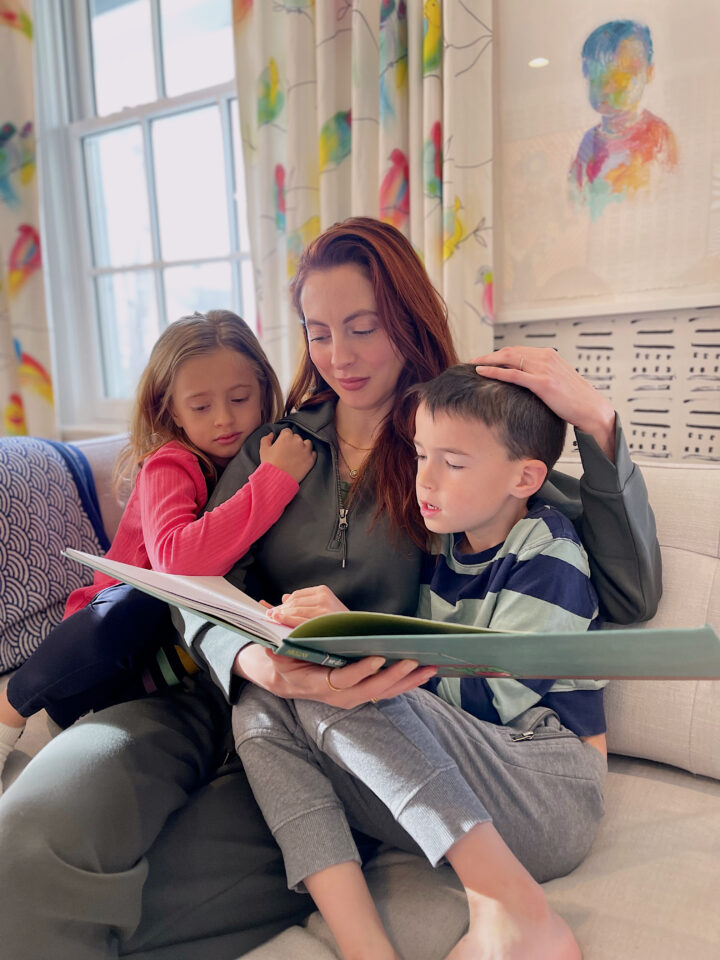
**Many thanks to Sanofi for sponsoring this post. As always, the thoughts and opinions expressed below are entirely my own.
Any parent who has had a very ill child knows that the experience sticks with you for a while, even after the chaos of the moment has subsided and they have healed. I’m very passionate about my partnership with Sanofi advocating for respiratory syncytial virus (RSV) awareness because Marlowe got RSV as an infant… and then our whole family got it again this last winter. As May marks Mental Health Month, I want to take the opportunity to talk about how watching your kids struggling to breathe is so stressful, makes you feel helpless, and really can affect your mental health long after.
RSV, or respiratory syncytial virus, is a common, highly contagious virus, and 2 out of 3 babies will get it by age ¹ ¹ ² Yes, you read that right. It is the leading cause of hospitalization in all babies.³ Yes, you read THAT right. And yet, most parents haven’t even heard of it until their own child is diagnosed. In a society that does so much prevention and awareness for flu, this seems wild to me – and made me feel so confused and frustrated when Marlowe got RSV as a five-month-old baby after being born healthy and full-term. While her experience with the virus was very challenging, it was luckily not life-threatening. We didn’t have to go to the hospital. But she was very, very sick, and I was able to learn so much then about RSV and how contagious it is, how quickly a child can become ill, and how there really is not much that can be done for it. That part was so tough. I can’t imagine how frustrated and scared I would have been at a hospital (which is the outcome for far too many parents), when the only care that could be administered to my baby was oxygen or other supportive care.⁴
While I didn’t have to visit the emergency room when Marlowe had RSV, I have had to visit the emergency room with Major twice when he was in respiratory distress as a baby. Up in the middle of the night, watching my baby struggle to breathe, and agonizing over the decision to take him to the emergency room or manage it at home, was one of the most stressful experiences of my life. And sitting with my toddler on my lap, and my baby on oxygen, in a hospital room at 3 am is an experience I will never forget. It took me many years and therapy to really move past that experience. The mental health toll of our babies getting sick is something we should all talk about.
Some more info on RSV: it is a respiratory virus that can significantly affect a child’s ability to breathe. Typical RSV symptoms can include fever, congestion, coughing, and sneezing… but it can also include severe wheezing and shortness of breath.⁵ I can say from experience that watching your child fight for air is one of the most powerless and desperate experiences as a parent. There is nothing you can really do to help them. No band-aid or medicine you can administer in that moment. While I know from personal experience that it deeply impacted my mental health, other parents who have gone through their child having RSV reported this as well. In a recent survey of parents whose babies or children had RSV, 68% said that their mental health was impacted, and 69% said that they experienced feelings of guilt.⁶
It’s so easy to feel guilty when you run through history in your mind as your child is suffering, wondering if there is anything more you could have done to prevent them from catching RSV. As of now, there is no vaccine or drug to help protect all babies from RSV, but according to a recent survey report published by the Alliance for Patient Access (AfPA) and the National Coalition for Infant Health (NCfIH), most pediatricians in our country believe that when one does becomes available, it should become part of the collection of immunizations that all babies receive.⁶ ⁷ Since babies are immunized for the flu, which is also dangerous to them, that makes sense!
I think it’s so important to promote awareness of RSV – not only of the risks and ways to currently try to prevent it (washing hands, covering mouth when coughing and sneezing, limiting contact with people who are sick), but also of the mental health toll it can take on parents.⁷
It’s so important to me that parents who have gone through this understand how normal it is to remain deeply affected by the experience as a family. This past winter my entire family got RSV, and while (luckily) everyone avoided the hospital, it did bring up so many feelings of panic for me. I watched the kids like a hawk for any signs of severe respiratory distress. I woke up multiple times in the night to check on them. Mateo, in particular, ended up having extended coughing and wheezing even after he had recovered, which apparently is common.
If you’re going through it right now, hang in there. It’s ok to feel completely overwhelmed, worried, and scared. For more information about RSV, make sure to speak with your doctor, and you can learn more at KnowingRSV.com. Finally, I encourage you to share your experience with others so they can best support you and comfort you. Sending healthy, healing vibes to you all!
References
- RSV Symptoms and Diagnosis | American Lung Association. https://www.lung.org/lung-health-diseases/lung-disease-lookup/rsv/symptoms-diagnosis. Accessed May 4, 2022.
- Glezen WP, Taber LH, Frank AL, Kasel JA. Risk of primary infection and reinfection with respiratory syncytial virus. Am J Dis Child. 1986;140(6):543-546. Doi:10.1001/archpedi.1986.02140200053026
- Leader S, Kohlhase K. Recent trends in severe respiratory syncytial virus (RSV) among US infants, 1997 to 2000. J Pediatr. 2003;143(5 Suppl):S127-S132. doi:10.1067/s0022-3476(03)00510-9
- Domachowske J, Halczyn J, Bonville CA. Preventing Pediatric Respiratory Syncytial Virus Infection. Pediatr Ann. 2018;47(9):e371-e376. doi:10.3928/19382359-20180816-01
- RSV in Infants and Young Children | CDC. https://www.cdc.gov/rsv/high-risk/infants-young-children.html. Accessed April 20, 2022.
- The Indirect Impact of RSV. Allianceforpatientaccess.org. https://admin.allianceforpatientaccess.org/wp-content/uploads/2023/01/AfPA-and-NcfIH_The-Indirect-Impact-of-RSV_Survey-Report_Jan-2023.pdf. Published January 2023. Accessed April 7, 2023.
- Preventing RSV (Respiratory Syncytial Virus) | CDC. https://www.cdc.gov/rsv/about/prevention.html. Accessed April 20, 2022.
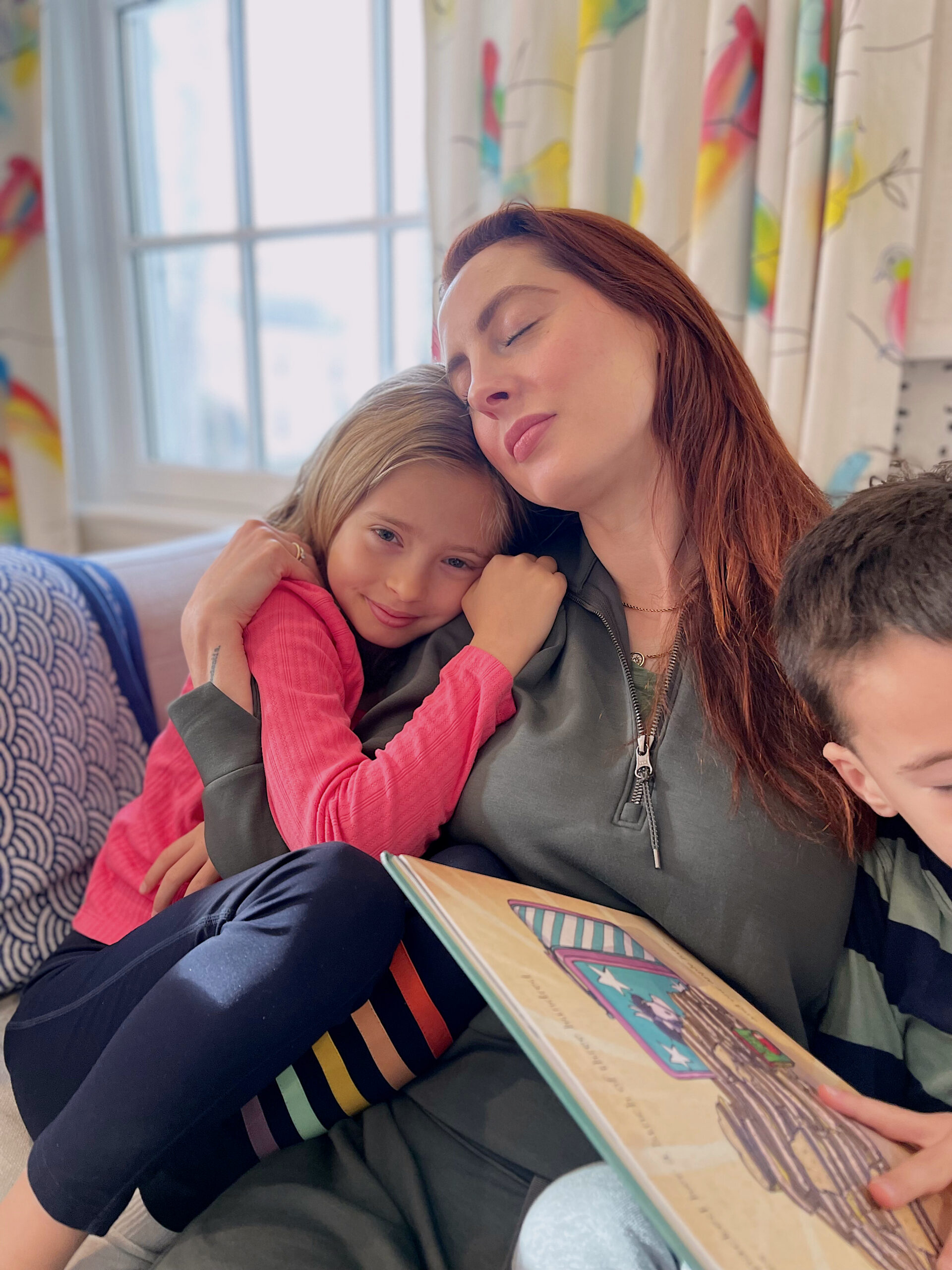
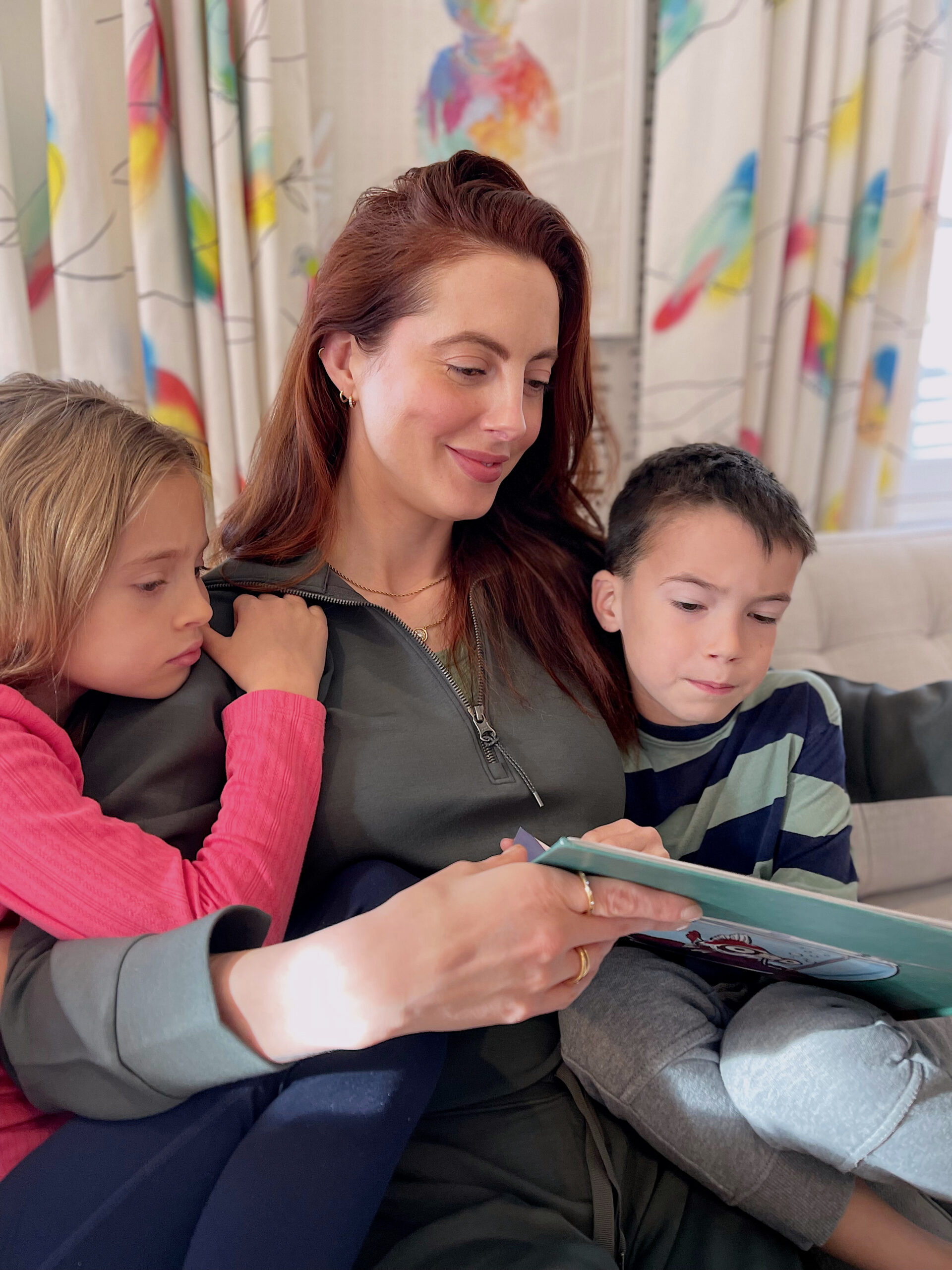
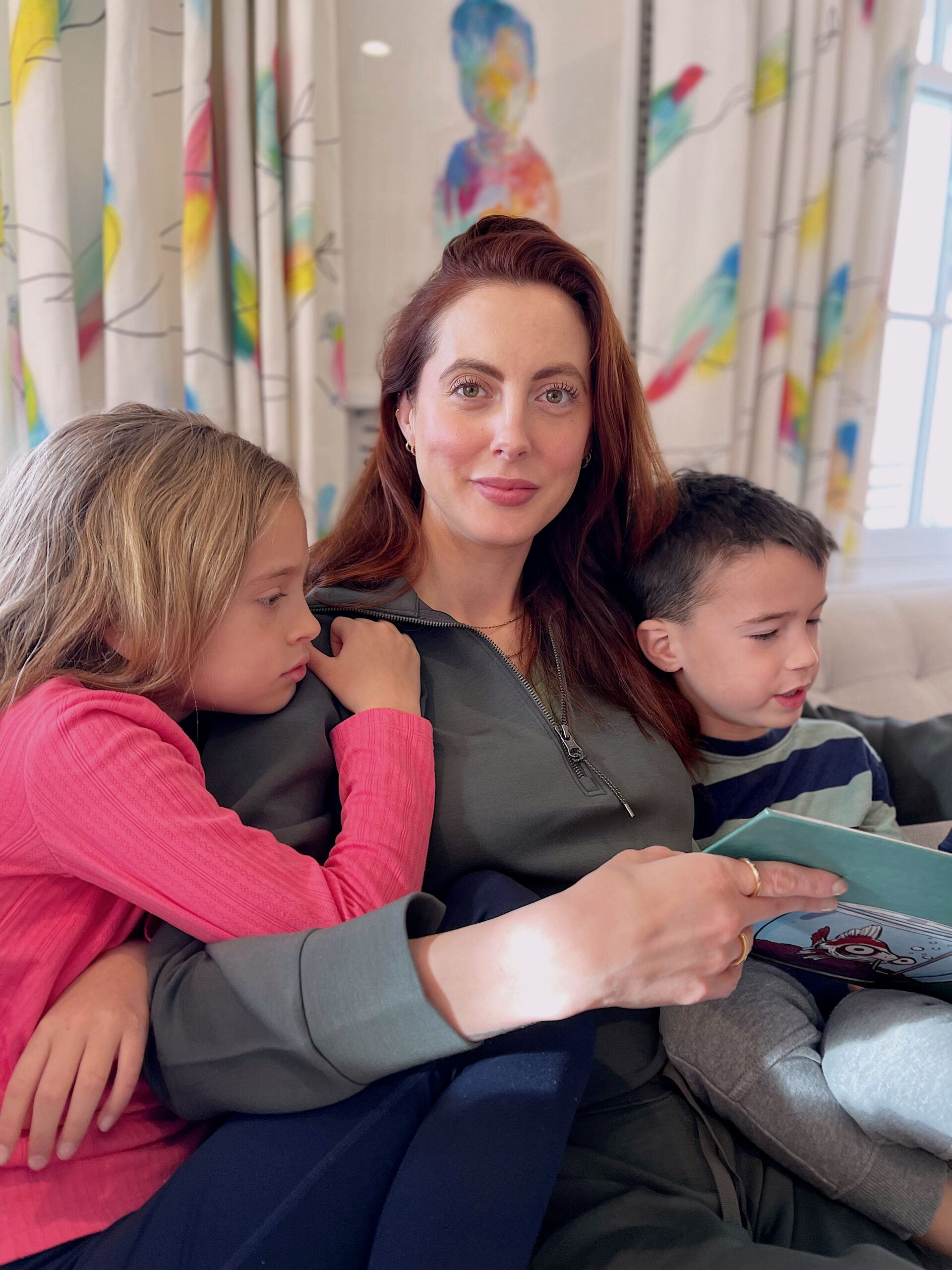
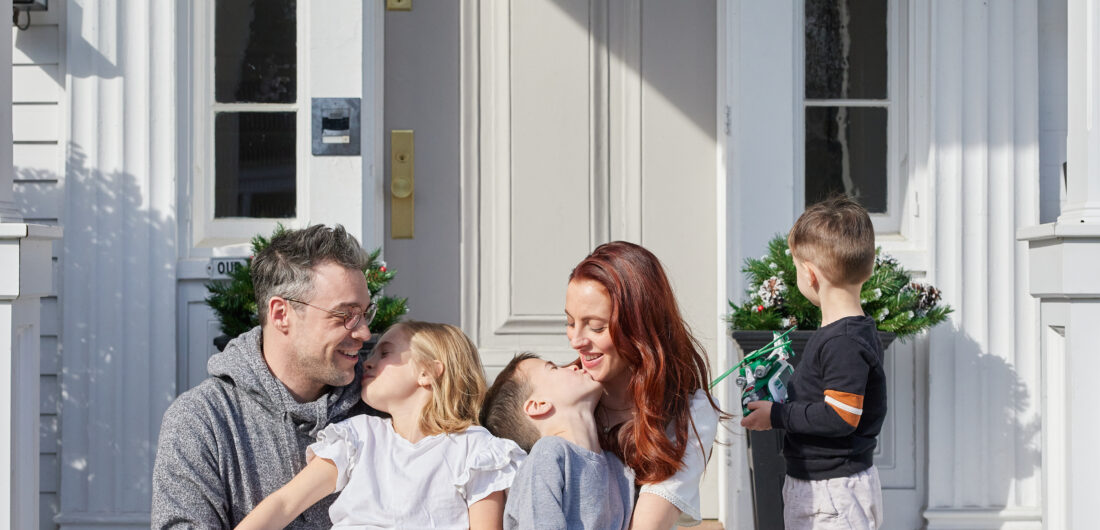
My daughter brought RSV home from school when my youngest was just 6 days old. I’ve never been so terrified in my entire life. Luckily his oxygen levels were great and we didn’t need to be admitted to the hospital. I stayed up all night staring at his chest making sure he wasn’t having any retractions. I remember crying to my husband feeling like my breastmilk failed because it should’ve protected him from becoming ill. It was a traumatizing time but I’m so grateful for all the information we learned about RSV and that my babies are ok. I love that you’re talking about this because I knew very little about it before we went through it.
Strep Throat has also been rampant this year. Both adults in our household caught it, having never had it before in their lives!
🙏🙏🙏Great info for moms, children and mental health.
ST